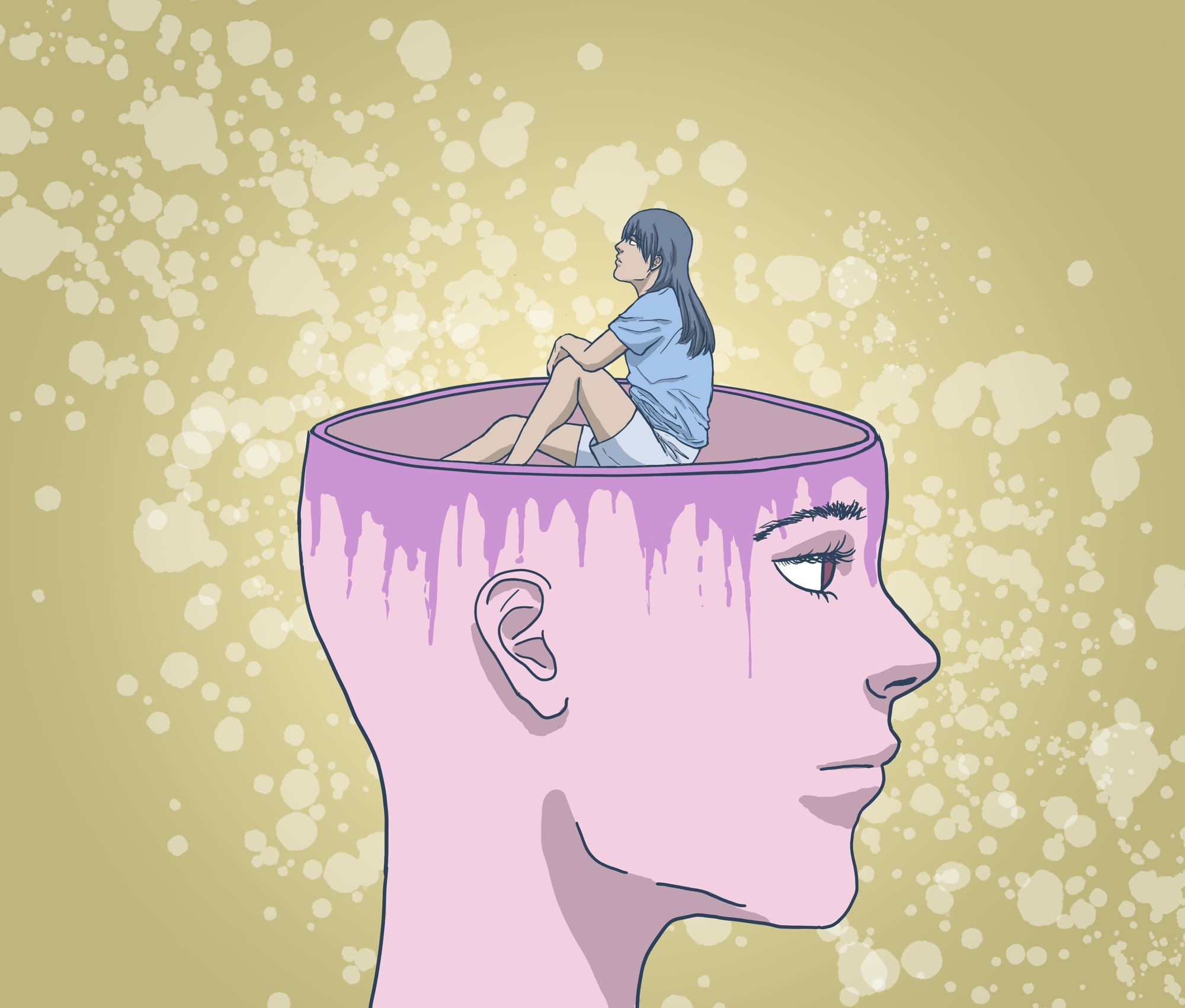
Social isolation can affect anyone, regardless of age or background. But what exactly is social isolation? It refers to a state where individuals have minimal contact with others, leading to feelings of loneliness and disconnection. This phenomenon has become more prevalent due to modern lifestyles and technology. Why should you care? Because social isolation can impact mental and physical health, leading to issues like depression, anxiety, and even heart disease. Understanding the facts about social isolation can help you recognize signs in yourself or others and take steps to combat it. Ready to learn more? Let's dive into 25 eye-opening facts about social isolation.
Key Takeaways:
- Social isolation can affect anyone, young or old, and can lead to serious health and emotional issues. It's not just about feeling lonely, but also about lacking meaningful social connections.
- Combatting social isolation can involve community programs, volunteering, therapy, technology, and physical activities. These strategies can help people feel more connected and improve their overall well-being.
Understanding Social Isolation
Social isolation is a growing concern in today's society. It affects people of all ages and backgrounds. Here are some key facts to help you understand this complex issue better.
-
Social isolation refers to a lack of contact with other people. It can be voluntary or involuntary.
-
Loneliness and social isolation are not the same. Loneliness is a subjective feeling, while social isolation is an objective measure of social connections.
-
Elderly people are particularly vulnerable to social isolation. Many live alone and have limited mobility.
-
Technology can both alleviate and exacerbate social isolation. While it connects people virtually, it can also replace face-to-face interactions.
-
Mental health issues like depression and anxiety can result from prolonged social isolation.
Causes of Social Isolation
Understanding the causes can help in finding solutions. Here are some common reasons why people become socially isolated.
-
Physical disabilities can limit a person's ability to engage in social activities.
-
Geographical location plays a role. People in rural areas may have fewer opportunities for social interaction.
-
Economic hardship can lead to social isolation. Lack of resources can prevent participation in social activities.
-
Cultural factors can also contribute. In some cultures, social norms may discourage certain groups from socializing.
-
Life transitions like retirement or moving to a new city can disrupt social networks.
Effects of Social Isolation
The impact of social isolation extends beyond just feeling lonely. It can have serious consequences on various aspects of life.
-
Physical health can deteriorate due to social isolation. It has been linked to higher risks of chronic illnesses.
-
Cognitive decline is more common among socially isolated individuals, especially the elderly.
-
Mortality rates are higher among those who are socially isolated. It can be as harmful as smoking or obesity.
-
Work performance can suffer. Socially isolated employees may be less productive and more likely to miss work.
-
Relationships can be strained. Social isolation can make it difficult to maintain existing relationships.
Social Isolation in Different Age Groups
Social isolation affects people differently depending on their age. Here are some age-specific facts.
-
Children can experience social isolation due to bullying or social anxiety.
-
Teenagers may isolate themselves due to peer pressure or academic stress.
-
Young adults often face social isolation when transitioning to college or a new job.
-
Middle-aged adults may become isolated due to work commitments or family responsibilities.
-
Seniors are at the highest risk. Many lose social connections due to retirement or the death of loved ones.
Combating Social Isolation
There are ways to combat social isolation and improve social connections. Here are some effective strategies.
-
Community programs can provide opportunities for social interaction. Many offer activities specifically for isolated individuals.
-
Volunteering is a great way to meet new people and feel more connected to the community.
-
Therapy can help individuals develop social skills and cope with feelings of isolation.
-
Technology can be used positively. Video calls and social media can help maintain connections.
-
Physical activities like joining a sports team or a fitness class can also reduce feelings of isolation.
The Impact of Social Isolation
Social isolation affects mental and physical health. It can lead to depression, anxiety, and even heart disease. People who feel isolated often experience higher stress levels, which can weaken the immune system. Loneliness can also impact cognitive function, making it harder to concentrate or remember things.
Building and maintaining social connections is crucial. Simple actions like calling a friend, joining a club, or volunteering can make a big difference. Even small interactions, like chatting with a neighbor, help combat feelings of isolation.
Communities play a vital role in reducing social isolation. Creating inclusive environments where everyone feels welcome can foster stronger connections. Schools, workplaces, and local organizations can all contribute by organizing events and activities that bring people together.
Understanding the effects of social isolation and taking steps to stay connected can improve overall well-being. Let's prioritize our social health just as much as our physical health.
Frequently Asked Questions
Was this page helpful?
Our commitment to delivering trustworthy and engaging content is at the heart of what we do. Each fact on our site is contributed by real users like you, bringing a wealth of diverse insights and information. To ensure the highest standards of accuracy and reliability, our dedicated editors meticulously review each submission. This process guarantees that the facts we share are not only fascinating but also credible. Trust in our commitment to quality and authenticity as you explore and learn with us.


